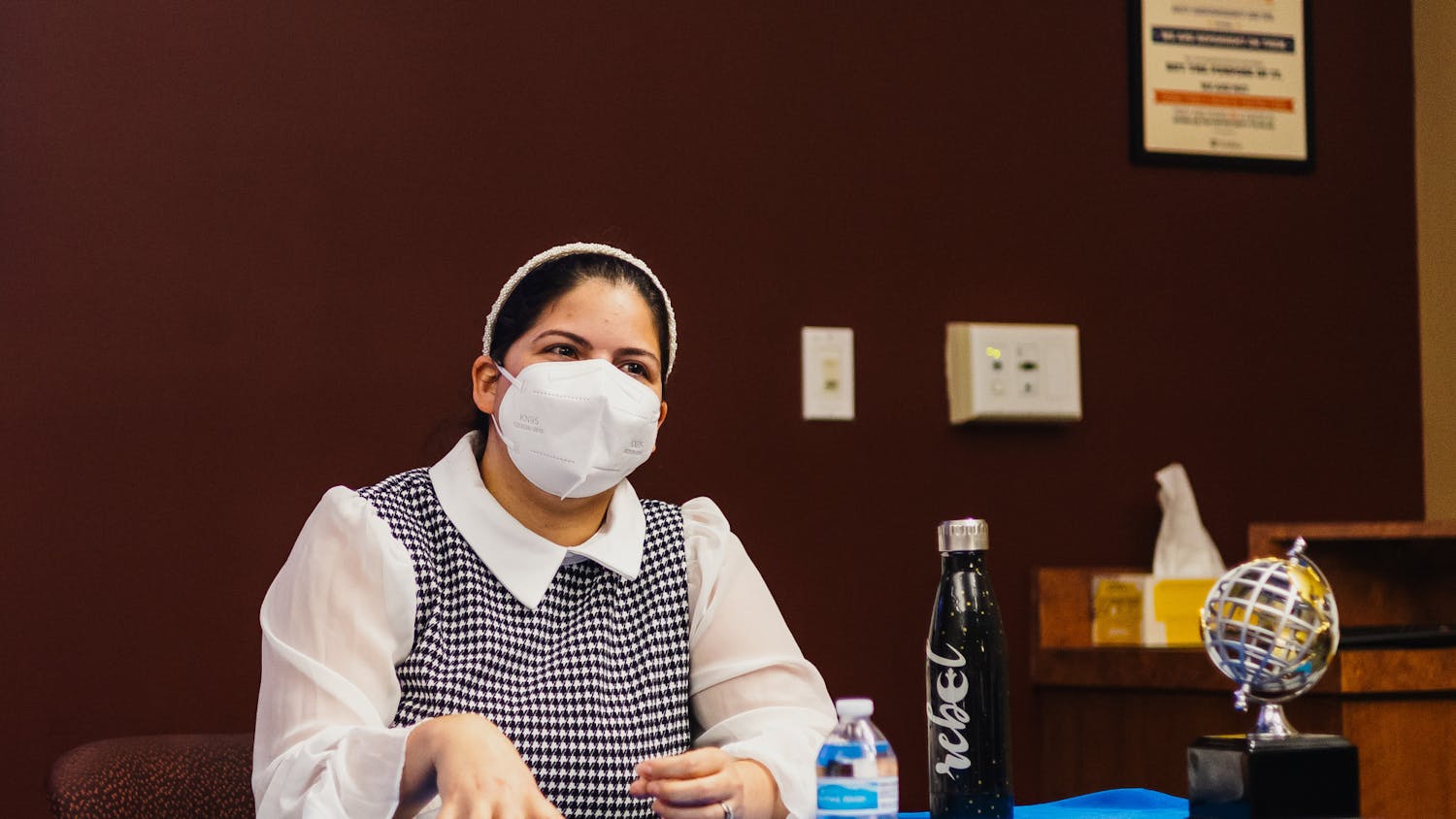As reconstruction for the new Institute of Black Culture and Institute of Hispanic-Latino Cultures begins, the Multicultural and Diversity Affairs will host a series of listening workshops.
The department will have series of seven workshops, which started Wednesday. The sessions will run from Wednesday to Nov. 30 with the goal of finding a vision for the new IBC and Institute of Hispanic-Latino Cultures, or La Casita, buildings set to be built at UF, said William Atkins, the executive director of MCDA.
Atkins said the first workshop was meant to open the conversations surrounding the future of the IBC and La Casita buildings.
“(The Wednesday) workshop is really about listening and visioning and getting a sense of what various stakeholders would love to see in the institutes or what they would love to see the institutes become as we rebuild both of them,” Atkins said.
The architects for the project as well as the project management from UF Planning, Design and Construction will record information during the sessions and use it to craft the focuses of future workshops.
“Each session is going to build on the previous, while still being open to gathering new insight and input,” Atkins said.
Atkins said that future meetings are going to be geared towards students who will likely use the IBC or La Casita, but every session will still be open to the public.
The website for IBC and La Casita will document the minutes and recaps of every session within 48 hours of the event. Interested individuals can also sign up to receive a monthly newsletter with updates about the project and its progress, Atkins said.
Christopher Wilde, a 21-year-old UF microbiology and cell science senior, said the workshops show progress.
Wilde was a member of the advisory committee for the institutes, which was recently reinstated, he said. Wilde said the decision was made because members of the committee complained about lack of student input to Eddie Daniels, the associate vice president for business services.
“I think it’s a step in the right direction in order to get student feedback,” Wilde said. “I think it opens the door for people to speak with the people who are designing the spaces.”





